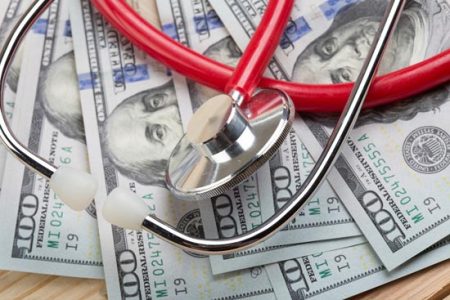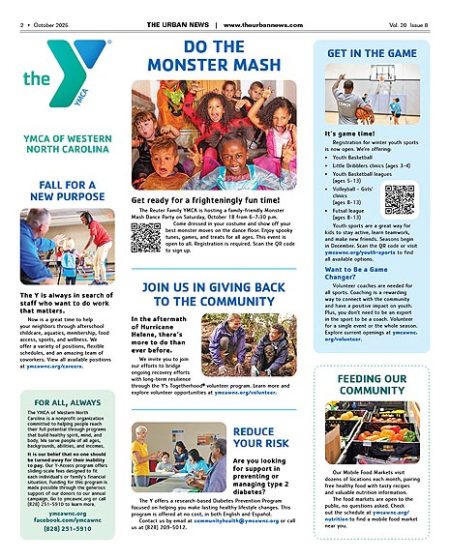Buyer Beware: Discount Health Cards
 by Michael Hopping
by Michael Hopping
Healthcare reform legislation will soon begin to take effect. Some consumers will see improvements in the availability of insurance and assistance with paying for it. But there is no short-term fix for skyrocketing premium costs. Many adults who can’t afford insurance will remain out of luck until at least 2014. But never fear. An industry exists to serve — some say prey on — them: Discount Health Card plans.
Discount health, dental, and prescription drug plans market themselves by claiming to offer coverage in exchange for monthly or annual fees lower than those charged by health insurance companies. No required medical exams. No exclusions for pre-existing conditions. No forms to file. Nobody is refused. The companies commonly boast of working with tens or hundreds of thousands of care providers. Sounds great, but not so fast.
Not Insurance
Somewhere in their advertisements, these plans admit that
they aren’t insurance. Subscribers are given a card entitling them to an
unspecified discount for products and services bought from providers
that accept the card.
There are no forms to file because the customer is personally
responsible for paying the remainder of the bill at the time of service.
The discount plan doesn’t even care to know that it took place.
Regardless of how much or little a subscriber uses her card, the
discount company pays nothing out in claims. This is also why there are
no restrictions on who can join the plan.
Consumers who drop actual health insurance in an attempt to save
money with a discount plan may be in for a rude awakening if they later
try to buy health insurance again. Until pre-existing condition clauses
are phased out by the healthcare reform bill, insurance applicants will
continue to find prior medical problems classified as pre-existing
conditions, triggering waiting periods for coverage or worse.
The Discount
How big is the discount for card holders? It depends, and
customers may not be able to find out ahead of time. One prescription
plan claims to offer savings of up to 85 percent on brand-name and
generic drugs from participating pharmacies. The new drug card that
Buncombe County touts, the Coast2Coast Rx Card, supposedly saves an
average of 40 percent.
I spoke with several pharmacists and representatives of corporate
drug retailers. None could tell me in advance of a purchase what
discount a particular card would get me or even whether their business
accepts the card. “There are hundreds of plans,” one said. The
pharmacist on duty at a mom-and-pop drug store told me he transmits
information to the card company and decides whether to accept it based
on what the screen tells him he’s supposed to charge. “Most of the time
it’s something reasonable and we take it.”
Healthcare providers in other lines of business quoted me card
discounts in the range of 15-20 percent.
The Providers
Some discount card companies post the names of their
providers on line. I sampled several lists for local accuracy. Dentists
and vision services were aware of the plans they participate in. Things
were murkier for hospitals. I spoke with representatives of two listed
facilities. Neither recognized the name of the plan I called about.
Their hospitals are participants in the Beech Street Hospital Network or
Galaxy Health Network. It turned out that the discount cards in
question had contracted with one or the other of those networks. The use
of Beech Street or Galaxy by third-party card issuers seemed annoying
to one hospital representative, who told me, “If we don’t have a
specific contract, it can get complicated.”
Physician services are, of course, central to many of these plans
as well. I checked two companies’ lists of family doctors in Asheville
that are supposedly in the network. The lists were very short. Of these,
one doctor accepts the discount card as advertised. Contact information
on three physicians was at best out of date, one by as much as ten
years. Two others remain in listed practices but no longer participate
in the discount plan. Elsewhere in the United States, gross inaccuracies
in advertised provider panels have led to allegations of fraud against
some discount card companies.
My search to understand the problems with clarity about provider
panels led me to Allen Erenbaum, a spokesperson for Careington
International Corporation. Careington is a major behind-the-scenes
player in this industry. Erenbaum explained that three different
companies are often involved in discount card plans.
Doctors, hospitals, and other providers join a “preferred
provider network” such as Beech Street. Let’s call this Network A. The
provider is supposed to get more referrals in return for charging lower
fees to patients sent by Network A.
But Network A doesn’t have any patients to send. It gets them
from a discount medical plan company such as Careington International.
Careington sells access to Network A’s providers to employers, unions,
or Private Label Marketers (PLM). It is the PLMs that typically sell
discount cards to the general public.
This chain of business deals often results in Network A providers
not recognizing their connection to a PLM, and PLM customers being
unaware of Network A at the other end of the chain. PLMs try to minimize
confusion by issuing booklets to customers, imprinting their discount
cards with the name or logo of Network A, and by providing a toll-free
number for questions.
Erenbaum said people considering a discount plan should call the
plan’s toll-free number prior to signing up. A plan representative can
check whether specific physicians actually accept the card. Online
provider lists may be inaccurate, and the doctors themselves may not
know.
The Alternative
Healthcare providers I talked to were generally unhappy to
discuss discount health cards. Most declined to be named in this story.
But they did want to tell me that they offer discount price plans. Most
pharmacies have their own no-cost or very-low-cost discount cards.
Walmart even does away with the need for a card. Customers taking
advantage of in-house card or discount programs can learn in advance
exactly what they’ll pay for their medicines.
An Asheville eye care business offers a 20-percent price break
for a discount card, but an optician on duty told me that the store had a
50-percent-off sale in progress. Customers could choose which of the
deals they prefer.
One family practitioner’s office manager said that he’d dropped
out of a card network but offers comparable or better discounts to
uninsured patients who pay bills promptly. NextCare urgent care doctors
don’t accept outside discount cards anymore either. NextCare has its own
program: an annual membership fee entitles patients to 33-55 percent
off the regular price for office visits.
The Bottom Line
The North Carolina Attorney General’s office has posted a
warning, “The Truth about Discount Plans,” on its website. Anyone
tempted to join a discount plan should read it first. The Attorney
General’s spokesperson Noelle Talley told me, “Our Consumer Protection
Division has received seventy-two complaints about discount health cards
since 2004, including twenty-five in 2009. We continue to recommend
that consumers be skeptical of these plans, which are not a substitute
for health insurance.”
It may be that some people can actually benefit from joining a
discount health plan. But before signing up and giving out any credit
card information, consumers should find out for sure whether their
providers participate and what discounts are actually offered. Most
people can probably get better deals by working directly with their
doctors, pharmacists, dentists, hospitals and other healthcare
professionals.








